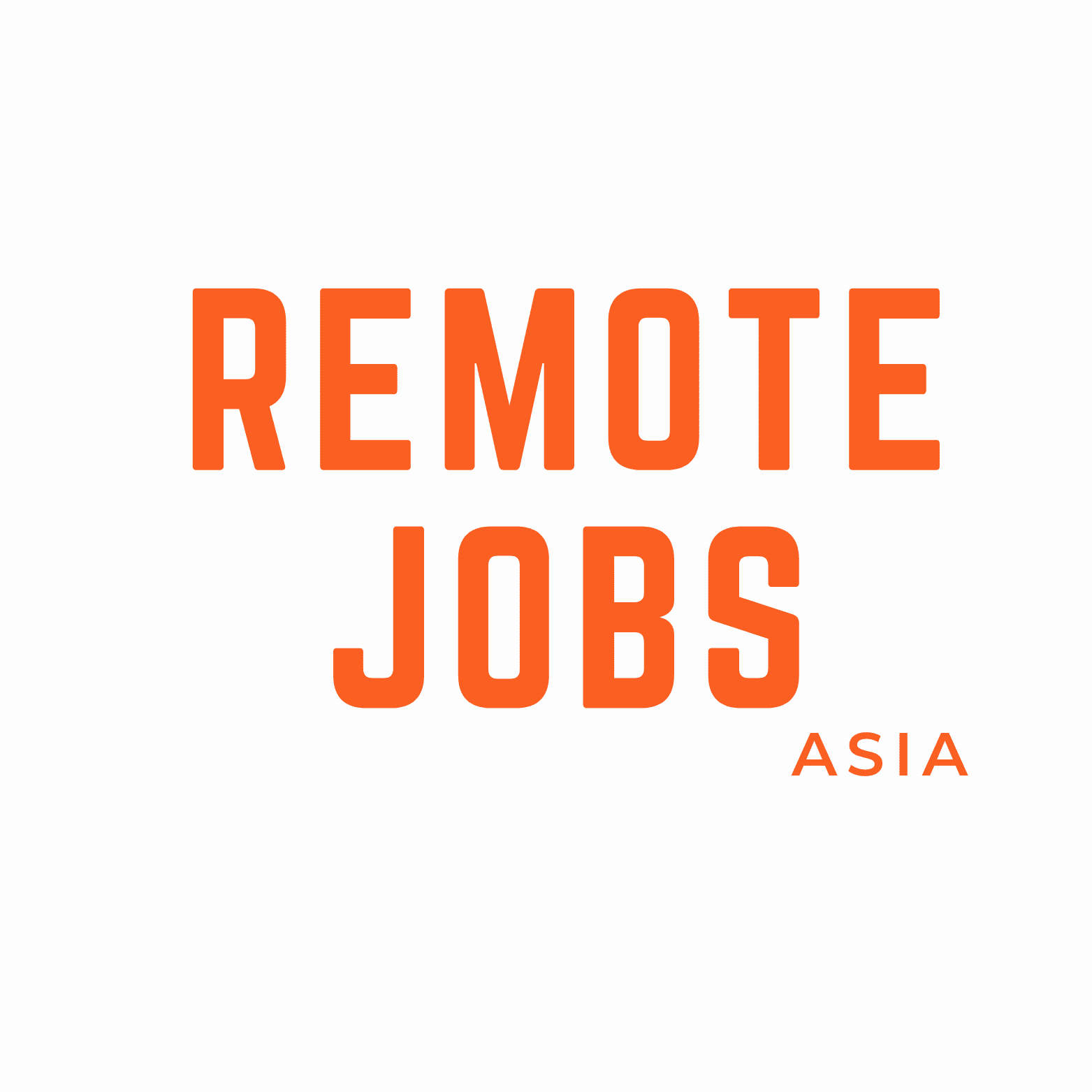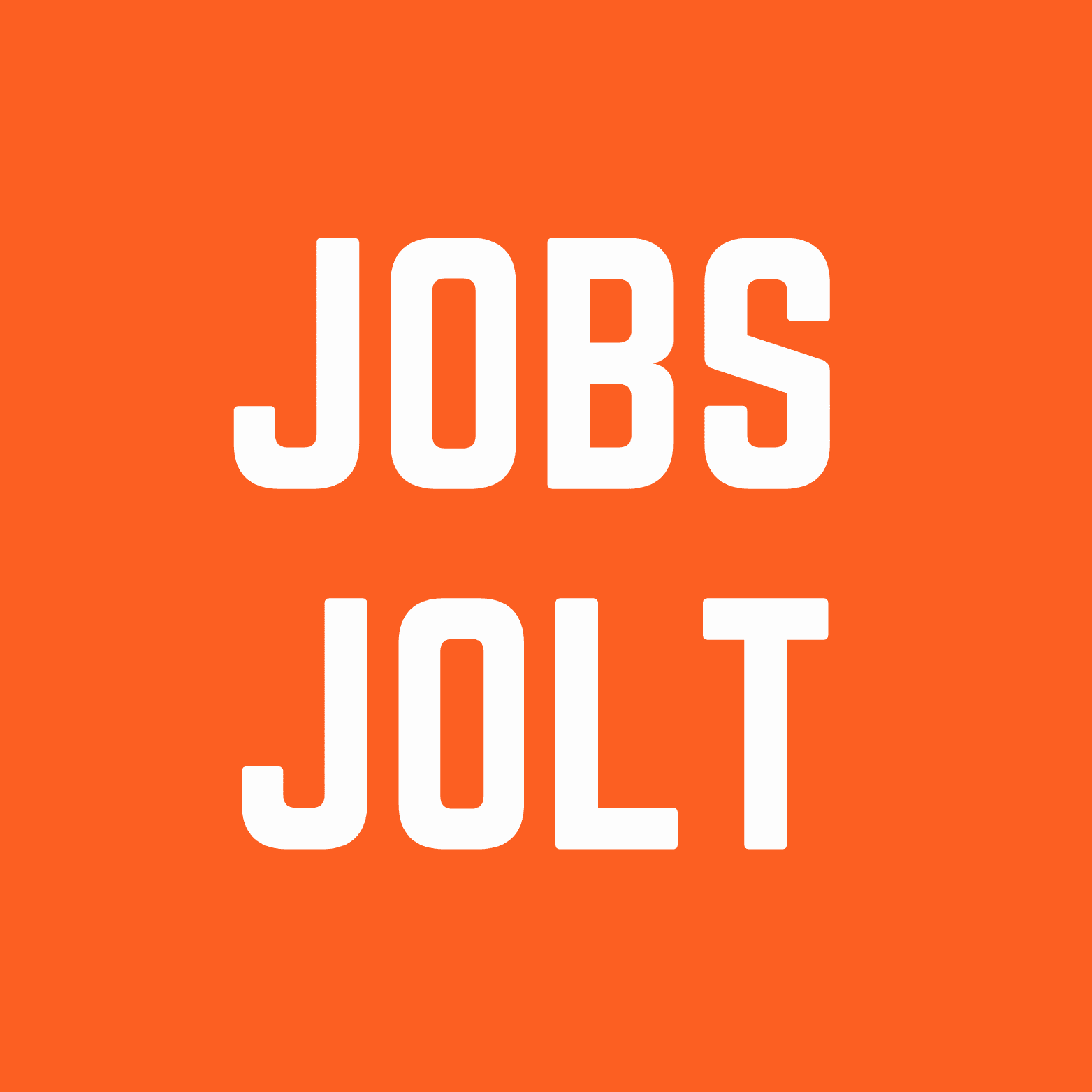Companies and employers are increasingly keen to expand their talent pool beyond geographical boundaries by engaging freelancers and talents who work remotely. As the hiring manager, you may wonder whether your interviews with remote candidates should be different.
Indeed, it should take a slightly different approach compared to in-person hires. Beyond assessing the candidates’ skills and experiences, you will want to also assess their ability to thrive in a remote work environment. Here are seven key interview questions that will help you find the best remote candidates for your team.
1. How do you stay organized and manage your time while working remotely?
Why ask this question?
Remote work requires a high level of self-discipline and time management. This question helps you to gauge a candidate’s ability to structure their day, prioritize tasks, and maintain productivity without the in-person supervision or structure that an office environment provides.
What to look for in an answer:
Candidates should describe specific strategies for staying organized, such as using task management tools, maintaining a daily schedule, setting goals, or implementing productivity techniques like time blocking. A strong answer will also reflect an understanding of balancing work with personal life in a remote setting.
2. What communication or project management tools have you used in previous remote roles, and how did you use them effectively?
Why ask this question?
Communication is crucial in remote work settings, where face-to-face interactions are limited. This question assesses the candidate’s familiarity with digital communication and project management tools and their ability to use them effectively to collaborate with co-workers and maintain team cohesion.
What to look for in an answer:
Candidates should demonstrate proficiency with tools like Slack, Zoom, Microsoft Teams, Notion, Asana. Additionally, look for examples of how they have used these tools to overcome communication challenges, stay connected with team members, or lead virtual meetings.
3. Describe a time when you faced a challenge while working remotely and how you overcame it.
Why ask this question?
Remote work comes with its own set of challenges, such as technical issues, isolation, or difficulty staying motivated. This question allows candidates to demonstrate problem-solving skills, resilience, and adaptability in a remote work context.
What to look for in an answer:
Look for candidates who provide a concrete example of a challenge they faced, explain how they approached the problem, and describe the outcome. An ideal candidate will show resourcefulness and a proactive attitude in finding solutions.
4. How do you handle feedback when working remotely?
Why ask this question?
Receiving and giving feedback can be more challenging in a remote environment due to the lack of face-to-face interactions. This question helps assess how candidates perceive feedback and their ability to handle constructive criticism in a virtual setting.
What to look for in an answer:
Strong candidates will discuss the importance of feedback in their professional growth and provide examples of how they have sought out, received, and acted on feedback remotely. They should also demonstrate an understanding of the nuances of communicating feedback virtually and the importance of clear, respectful communication.
5. What strategies do you use to stay connected and build relationships with your remote team members?
Why ask this question?
Building and maintaining relationships is essential for team cohesion and collaboration, especially in a remote setting where employees do not interact in person. This question explores a candidate’s ability to foster connections and maintain team spirit while working remotely.
What to look for in an answer:
This is beyond the use of online tools. Look for candidates who mention specific strategies, such as participating in virtual team-building activities, scheduling regular check-ins, engaging in casual conversations via chat, or being proactive in reaching out to colleagues. Their answers should reflect their intention for relationship building and an understanding of the importance of creating a supportive remote work culture.
6. How do you ensure a work-life balance when your work environment is also your home?
Why ask this question?
Maintaining a healthy work-life balance can be challenging when working remotely, as the boundary between personal and professional life is blur. This question helps assess a candidate’s ability to set boundaries and manage their time effectively to avoid burnout.
What to look for in an answer:
Ideal candidates will describe practical steps they take to separate work from personal life, such as setting specific work hours, creating a dedicated workspace, taking regular breaks, or engaging in activities that help them unwind after work. Look for an understanding of the importance of maintaining balance and preventing burnout.
7. How do you stay motivated and maintain productivity without the structure of a traditional office environment?
Why ask this question?
Remote work requires a high degree of self-motivation and the ability to stay focused without external supervision. This question helps you understand how candidates motivate themselves and stay productive in a remote setting.
What to look for in an answer:
Candidates should discuss strategies like setting personal goals, breaking tasks into manageable chunks, maintaining a routine, or using tools to track progress. A good answer will demonstrate an awareness of their own productivity habits and how they have adapted these habits to succeed in a remote environment.
Conclusion
Finding the best remote talent requires a different approach to interviewing. By asking these seven questions, you are able to assess a candidate’s ability to thrive in a remote work environment, ensuring they have the motivation and adaptability to succeed and contribute to your business’ success.
Let us partner you to find the best candidates for your remote positions, contact us at Remote Jobs Asia for a chat.

